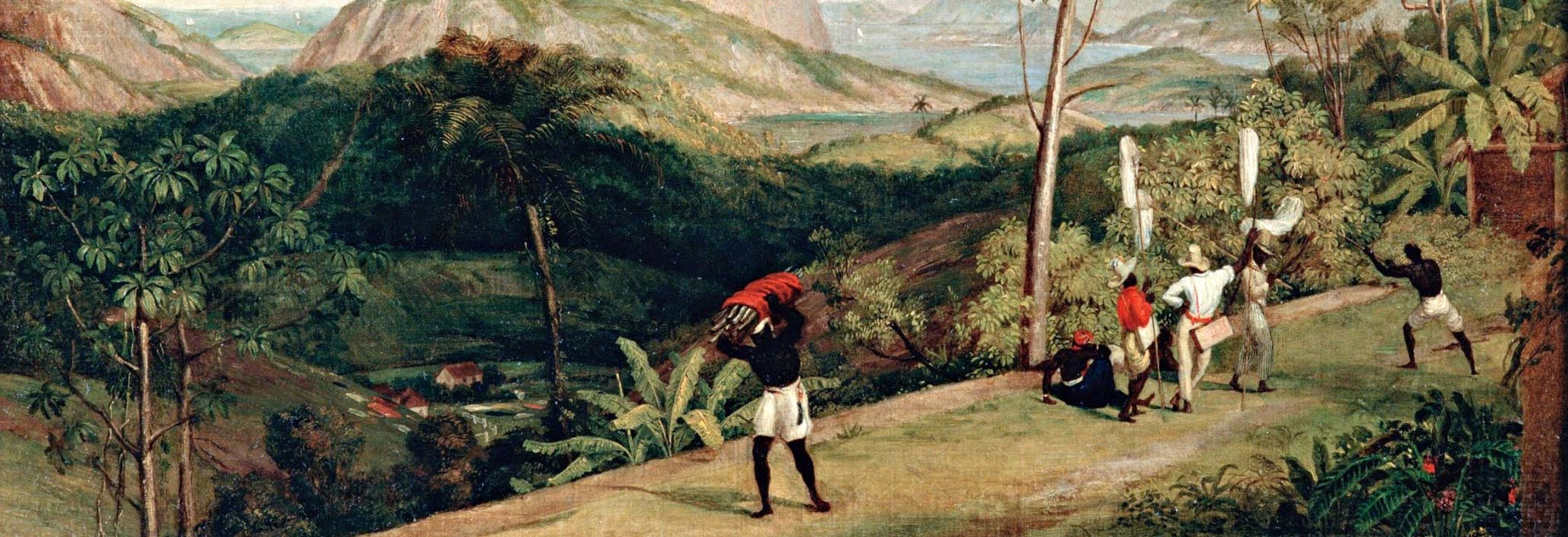Francisco Manicongo was a Brazilian slave investigated by the Portuguese Inquisition in 1591 for sodomy and cross-dressing. He is considered Brazil’s first cross-dresser.
The only information from Manicongo’s early life is that he was born in the African Kingdom of Congo. He was enslaved in Bahia, Brazil during the first inquest of the Portuguese Inquisition in northeast Brazil in 1591. Then a shoemaker and slave of Antonio Pires, Manicongo was denounced by Matias Moreira (an old Christian guard from Lisbon), who stated that he “was known among the blacks of the city to be a sodomite.” Moreira “saw him dressed in only a fitted longshirt, worn in a fashion with the points tied up around the waist, which is how sodomites in the lands of Angola and Congo are known to dress when they take [on] the role of patient/submissive/receiving woman,” called “quimbanda in that tongue” (translations by Luiz Mott). Moreira saw Manicongo two or three times around the city in such attire.
Joane, an Angolan accused of sodomy in the same inquest, mentioned that Manicongo also committed the same sin with other blacks. He pointed out that Manicongo had not been punished with burning at the stake in an attempt to avoid this fate for himself. From such testimony, it is clear that Francisco Manicongo carried with him the tradition of the quimbanda from the lands of Congo and Angola to Bahia. The Italian capuchin monk Giovanni Antonio Cavazzi de Montecúccolo and Portuguese Captain Antônio de Oliveira Cadornega wrote accounts of these areas in the 1680s that alluded to the existence of an established homoerotic subculture in the kingdom of Angola in the seventeenth century.
There is no recorded information about the circumstances of Manicongo’s death.
Bibliography
Cavazzi de Montecúccolo, João Antonio. Descrição histórica dos três reinos do Congo, Matamba e Angola. Vol. 1. Lisbon: Junta de Investigações do Ultramar, 1965. First published 1658.
Furtado de Mendoça. Primeira visitação do Santo Officio ás partes do Brasil, pelo licenciado Heitor Furtado de Mendoça: Denunciações da Bahia, 1591–1593. São Paulo: Paulo Prado, 1925.
Mott, Luiz. Homossexuais da Bahia: Dicionário biográfico, século XVI–XIX. Salvador: Grupo Gay da Bahia, 1999.
Mott, Luiz. "Manicongo, Francisco." Dictionary of Caribbean and Afro-Latin American Biography , edited by Ed. Franklin W. Knight. , edited by and Henry Louis Gates Jr.. . Oxford African American Studies Center, http://www.oxfordaasc.com/article/opr/t456/e1290 (accessed Thu Sep 05 10:26:27 EDT 2019).
Mott, Luiz. “Raízes históricas da homossexualidade no Atlântico lusófobono negro.” Revista Afro-Asia 33 (2005): 9–33.
Author
Luiz Mott
Adapted by
James Almeida and Steven J. Niven
Contributing Institutions
Hutchins Center for African & African American Research, Harvard University, Cambridge, MA.
Oxford University Press (USA) African American Studies Center.





